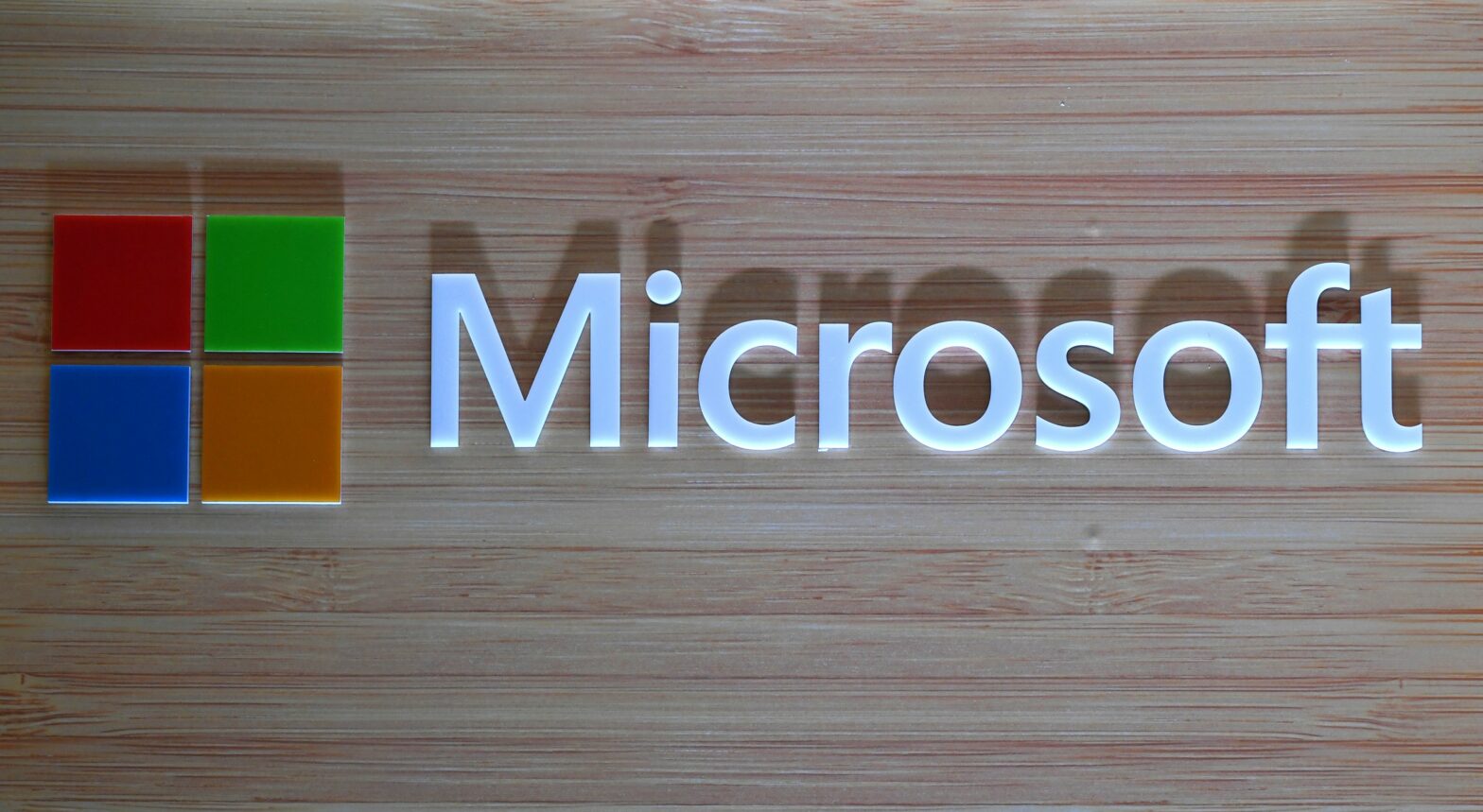2 April 2002 The Russian software company charged with violating the US Digital Millennium Copyright Act (DMCA) told a federal court yesterday that the controversial law sets unconstitutional limits on free speech.
Moscow-based Elcomsoft faces charges that it sold and conspired to sell a program that enables users to circumvent copyright protection mechanisms on Adobe e-book technology. Its lawyers yesterday called for the charges to be dismissed.
The DMCA, which has the backing of major film studios and recording labels, was brought in to protect intellectual property rights from digital piracy. However, its draconian nature has been heavily criticised by many in the computer industry who complain that it limits legitimate activity.
Lawyers acting for Elcomsoft told US district judge Ronald Whyte that it is too broad in its wording and limits the company’s basic rights to free speech. “The statute is unconstitutionally vague because it does not properly define what circumvention tools are covered,” defence attorney Joseph Burton of San Francisco law firm Duane Morris told the court.
But assistant US attorneys Joseph Sullivan and Scott Frewing responded by arguing that the law was clear in its aim and that Elcomsoft’s act of selling the program did not constitute free speech.
Elcomsoft’s program, which was sold briefly on the Internet in 2001, allowed users of Adobe Systems’ eBook Reader software to copy and print e-books and transfer them to other computers.
It was written by 27-year-old Russian programmer Dmitry Sklyarov, who was arrested in July 2001 after presenting to the DefCon hacker conference in Las Vegas, Nevada. He was allowed to return home in December 2001, saying he planned to return to the US to testify for his employer.






